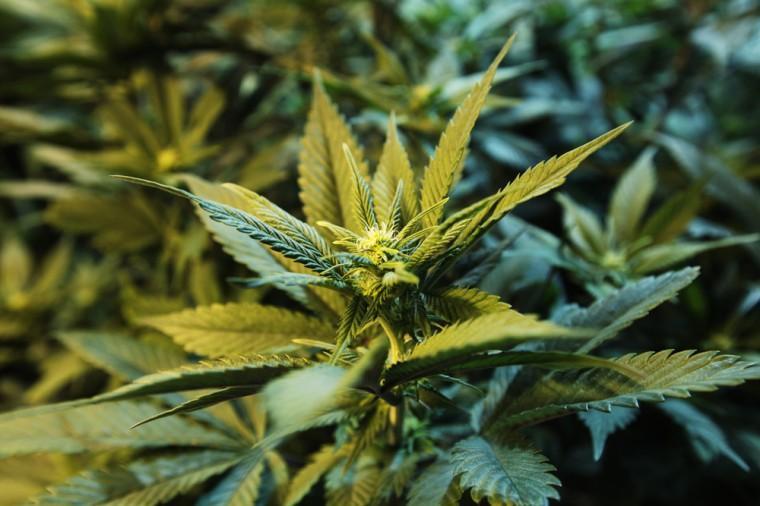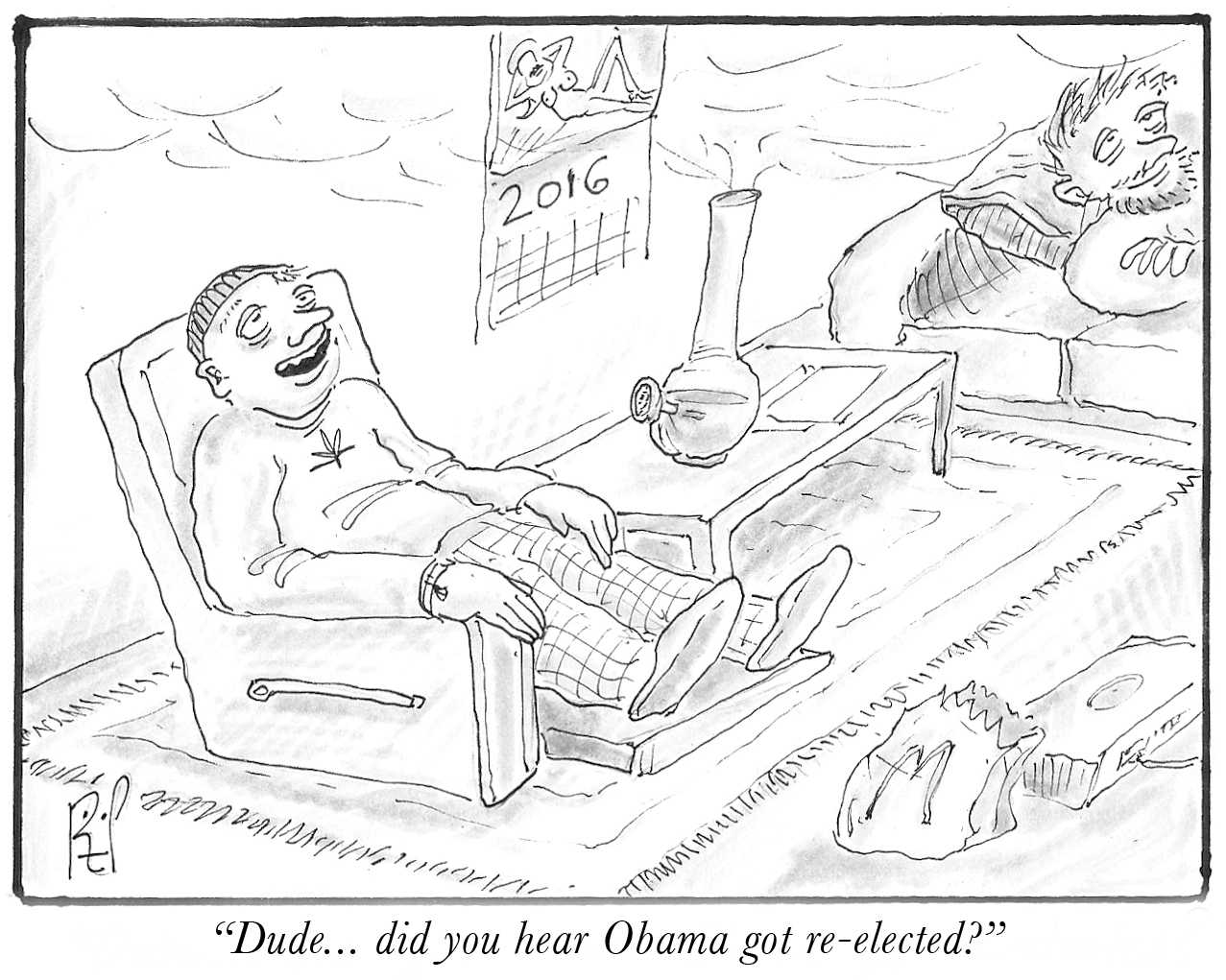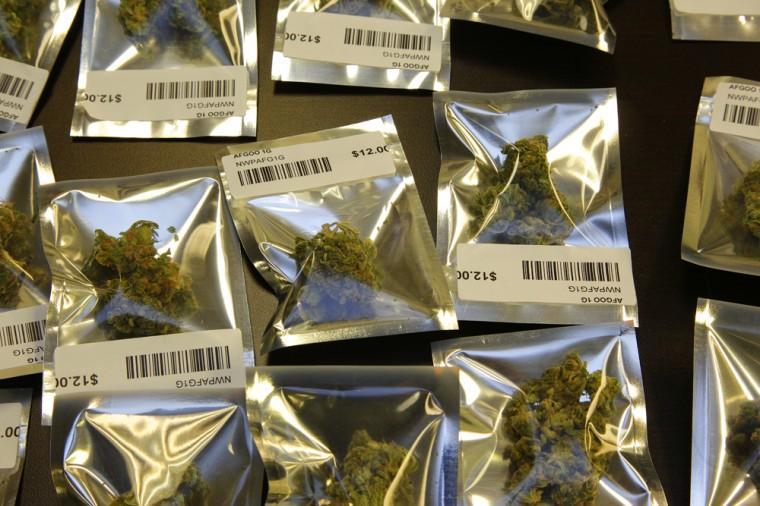On Nov. 6, America ended prohibition — again. Sort of.
Colorado and Washington both had referendums on their ballots asking citizens to vote whether to tax and regulate marijuana like alcohol.
Both passed. America will have two large states where adults older than 21 can buy marijuana to use recreationally.
Before we begin a mass exodus of Egyptian proportion to Denver, we need to analyze the situation and acknowledge the fact that the federal government will fight marijuana legalization.
How do I know? Because it’s been fighting it since the first medical marijuana laws came on the books.
Here’s the skinny:
Marijuana is still classified as a Schedule 1 narcotic by the federal government, meaning by definition (which is based largely on old, half-assed research), it is highly addictive and possesses no medical value.
This means the Drug Enforcement Administration has full authority to shut down any marijuana trade throughout the country, regardless of whether it has been deemed legal by certain states.
Marijuana legalization has been a highly debated issue over the past decade.
The movement to regulate marijuana like alcohol has been more of a left-wing movement than a conservative one.
Republicans tend to frown upon drug use other than alcohol and prescription meds, which aren’t drugs because they’re legal. Obviously.
However, for as much as the old school Reaganites want to liberate future generations from the crutch of casual drug use, Republicans love nothing more than states’ rights.
Telling the federal government to shove it has been a much loved Republican pastime since the Civil Rights movement.
So the way I see it, conservatives find themselves in a pretty pickle: to fight the stoner agenda or defend states rights.
It’s only fair we acknowledge that many conservatives are marijuana smokers. However, when talking about the Republican party as a whole, anti-drug seems to be the consensus.
If the federal government chooses to continue its futile war on pot, which I imagine it will, it will have to be sneaky about it.
The DEA will likely refocus its attention on preventing an interstate drug trade of legal, high-grade marijuana from Washington and Colorado from making its way to other states that still enforce prohibition.
Colorado and Washington are under the microscope. Once these laws are in effect, weed tourists from across the globe will flock to Denver and Seattle, boosting the local economies and generating millions in tax revenue.
It’s up to these states to make sure they don’t screw it up for the rest of us.
The way I see it, ending marijuana prohibition has given rise to a modern day “green rush,” as they’re calling it.
We have taken the stoner sector of the economy, which, according to stereotype, is lazy, unmotivated and underemployed, and we have given them a reason to get out of bed and go to work in the morning.
By employing stoners in the legal weed business as either farmers, transporters or merchants, we have taken a notoriously unemployed sector of the workforce and given them a job they can do while high.
It may not be the best situation, but it works. Reefer pays the rent.
We must wait and see how the nation will react. Will Americans choose to fight for state rights, or will we continue the endless cycle of making non-research-based policy decisions when it comes to prohibition in society?
Colorado and Washington are the pioneers, the laboratory states. If they play the game right, we could potentially see similar legislation adopted all over the country.
But when does anything go according to plan?
In the meantime, Southwest flies nonstop from New Orleans to Denver.











